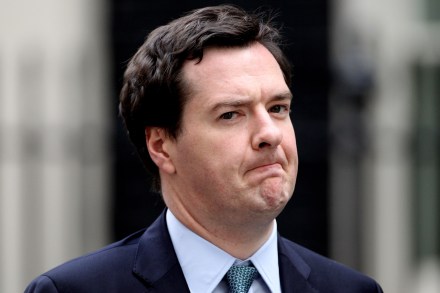The briefest of stints
Well, that was quick: after only three months in the role, Alan Budd is to step down as the head of the Office for Budget Responsibility. A shame, too. In a quiet sort of way, he had become one of the defining figures in these early days of coalition government – helping to establish the OBR as one of the most significant actors on the political landscape. It is certainly, now, a more effective body than I previously thought it would be. Although Budd’s contract was for three months, there was some idle Westminster speculation that he’d stick around – so the rumour mill is puffing away at his departure




















